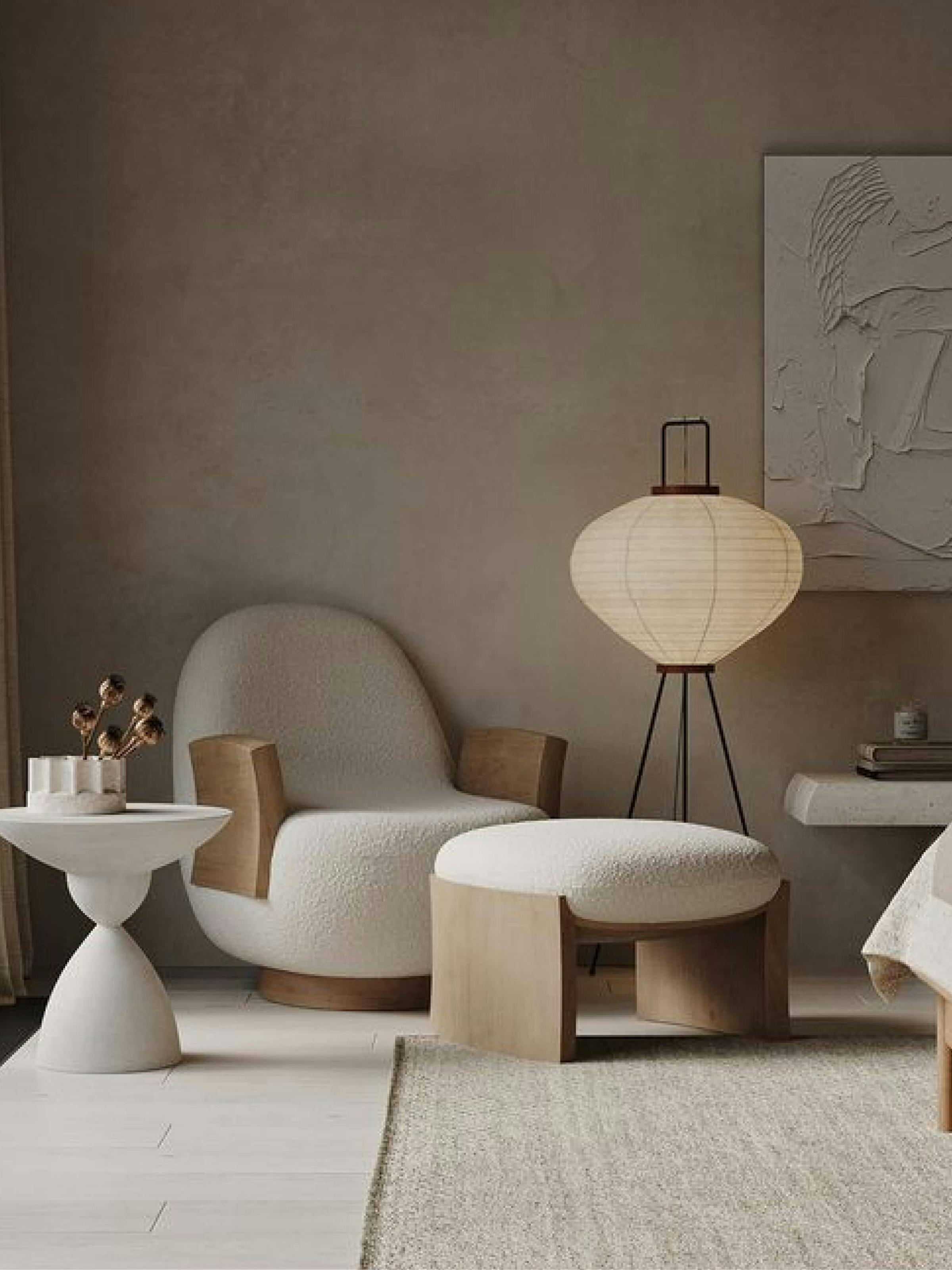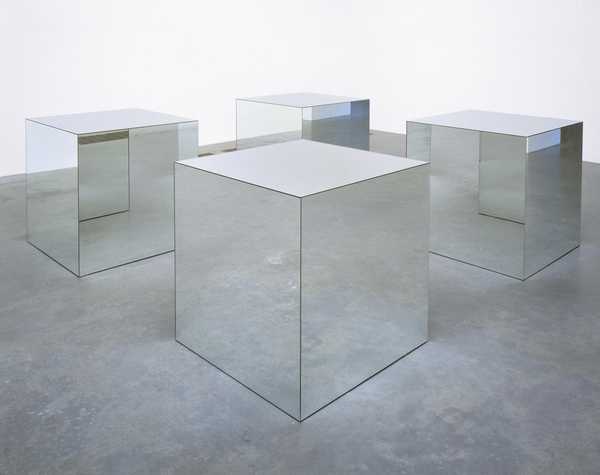Vital Tips for Integrating Minimalism into Your Personal and Professional Life
Vital Tips for Integrating Minimalism into Your Personal and Professional Life
Blog Article
Understanding Minimalism: Approaches for Minimizing Mess and Enhancing Clarity in Everyday Living
Minimalism is increasingly identified as a practical strategy to boosting clarity and emphasis in today's cluttered world. By systematically reviewing our belongings and prioritizing intentionality, we can create rooms that not just reflect our worths yet also promote psychological well-being.
Specifying Minimalism and Its Benefits
Specifying minimalism includes comprehending it as a way of living selection that stresses simpleness and intentionality in both physical possessions and everyday regimens. At its core, minimalism urges people to prioritize what genuinely matters, enabling a more significant and focused presence. By removing away the non-essential, minimalism invites people to engage deeply with their experiences and surroundings.
The advantages of adopting a minimal approach are multifaceted. First of all, it cultivates mental clarity, as minimizing clutter in one's setting can result in decreased diversions and anxiety. Individuals typically report boosted focus and improved performance when bordered by less belongings. Minimalism advertises financial flexibility; by focusing on requirements over desires, people can make even more informed acquiring decisions, leading to potential financial savings and minimized debt. A minimalist way of life can yield emotional benefits, as it encourages people to grow thankfulness for what they have rather than yearning for extra.
Eventually, minimalism is not merely concerning worldly reduction yet involves a holistic change in perspective, fostering a life characterized by equilibrium, fulfillment, and objective. Embracing this way of life can cause profound adjustments in exactly how individuals perceive and engage with the world around them.
Assessing Your Current Clutter
Mess commonly shows up as an overwhelming buildup of things that no more offer a purpose, producing an obstacle to accomplishing a minimalist way of living. To properly analyze your present clutter, it is necessary to embrace an organized method. Begin by recognizing the areas in your home that feel chaotic or frustrating. Bear in mind of specific classifications of products, such as apparel, publications, or kitchenware, as this will certainly help you understand the scope of the mess.

In addition, consider the frequency of use for each thing. Inevitably, understanding your existing mess is an essential step toward accepting minimalism and boosting clearness in your day-to-day living.

Practical Decluttering Strategies
Having actually assessed your current mess, the next action is to implement useful decluttering methods that facilitate a more organized living room. Minimalism. One efficient approach is the "Four-Box" strategy, where you assign four boxes classified: keep, contribute, garbage, and relocate. This approach encourages fast decision-making and makes sure items are classified appropriately
Another approach is the "One in, One out" guideline, which specifies that for every single new thing acquired, an existing item has to be removed. This concept assists preserve equilibrium and prevents buildup gradually. In addition, consider the "30-Day Minimalism Game," where you eliminate one thing on the initial day, 2 on the go to these guys 2nd, etc, cumulatively fostering a feeling of success.
For those that battle with psychological accessories to belongings, the "Sentimental Worth" strategy can be advantageous. Restriction on your own to a details number of valued things, permitting you to appreciate their significance without overwhelming your area. Finally, develop a normal decluttering timetable, whether monthly or seasonally, to maintain a clutter-free environment. By using these strategies, you can develop an extra tranquil and reliable space, eventually improving clearness in your day-to-day life.
Producing Willful Areas
Creating deliberate areas involves a thoughtful approach to how we style and organize our settings, making sure each area offers a certain objective and reflects our values. This practice is essential in cultivating a sense of quality and purpose in our lives. By critically examining the feature of each room, we can get rid of diversions and improve our overall wellness.
To develop intentional rooms, start by identifying the main activities that will certainly take place in each location. A home office ought to be designed to cultivate productivity, including aspects such as sufficient illumination, comfortable furnishings, and very little distractions. In contrast, a leisure area ought to advertise harmony, including relaxing shades and comfy seating.
Additionally, take into consideration the emotional influence of your environments (Minimalism). Integrating individual products that resonate with your values, such as artwork or plants, can enhance the link to your space. Frequently assess these environments to ensure they remain to offer their intended purpose as your needs advance
Inevitably, creating deliberate spaces is regarding making mindful choices that line up with your lifestyle, advertising pop over to these guys consistency and efficiency in your living and workplace.
Maintaining a Minimalist Way Of Thinking
Embracing a minimalist way of thinking requires recurring representation and intentionality in our ideas and actions. This method entails cultivating awareness of our concerns and values, enabling us to filter distractions and concentrate on what really matters. To preserve this mindset, normal self-assessment is necessary. Set aside time to evaluate your dedications, properties, and even digital material, guaranteeing they straighten with your core concepts.
One more secret method is to practice gratefulness. Acknowledging what you currently have fosters contentment and reduces the desire for unwanted. This change in viewpoint encourages gratitude for simpleness, boosting total wellness. Incorporating mindfulness strategies, such as reflection or journaling, can even more strengthen a minimalist attitude by advertising quality and minimizing psychological clutter.
Furthermore, develop borders to secure your time and energy. Learn to claim no to non-essential commitments and interruptions that do not add to your individual growth. Border on your own with similar individuals who support your minimal journey, as shared values can improve motivation and liability.
Conclusion
In final thought, accepting minimalism uses substantial benefits, consisting of lowered mess and boosted quality in day-to-day life. The principles of minimalism serve as useful devices for growing an environment that sustains personal development and well-being.

Additionally, consider the "30-Day Minimalism Video Game," where you eliminate one thing on the initial day, two on the second, and so forth, cumulatively promoting a feeling of accomplishment.
In verdict, welcoming minimalism supplies significant advantages, consisting of decreased clutter and boosted clearness in daily life.
Report this page